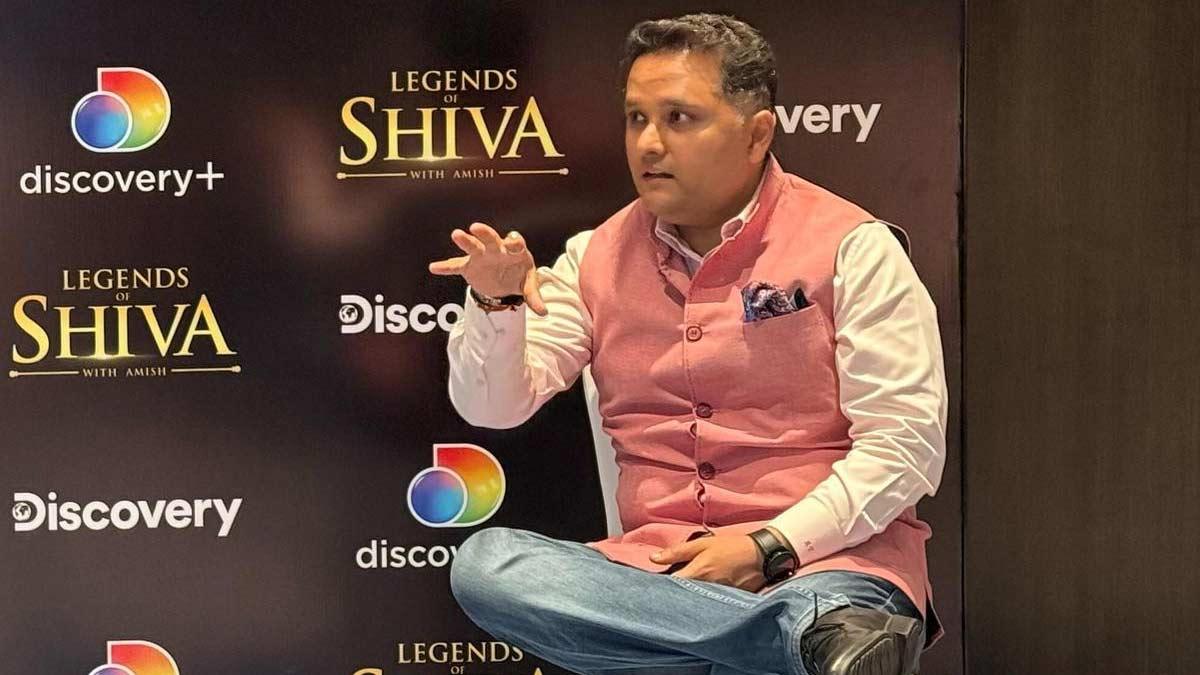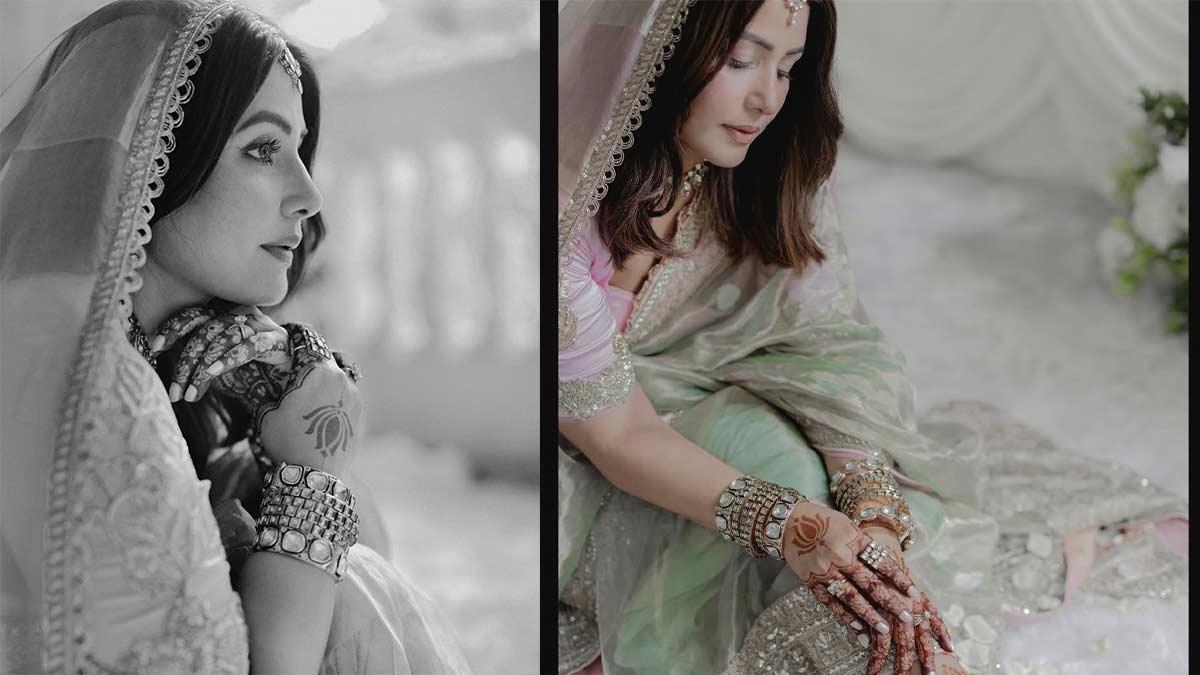Renowned author Amish Tripathi has highlighted open debate and the free flow of ideas as the very lifeblood of a robust democracy in the wake of India celebrating 50 years since the Emergency.
During an interview with IANS, Tripathi reiterates that democratic values flourish when various thoughts are permitted to be expressed and debated.
He was alarmed at any effort to silence these basic rights, cautioning that it would undermine the democratic character of the nation.
"Look, I am essentially a democrat, okay. And I believe every point of view has a right to be spoken," he mentioned. "And India is not a nation that can function well without inter-debates in a democratic manner. Democracy by democracy, I don't say the western model of democracy, because they refer to it as liberal democracy, where they believe that America invading Libya and imposing their model of democracy on it is democracy, that's not democracy. By democracy, I say debates between various groups."
Tripathi referred to the Emergency as the period when this very democratic process was suddenly curbed. In his opinion, the actual flaw was not governance efficacy but stifling of dissent. "What the emergency did is close down this debate. That is what was essentially wrong with it, yes.". I am not against efficiency, okay, but where this argument stops and that's what the emergency did, because you actually just imprisoned one side, right. That was what was unfortunate. And that's a lesson we need to learn.
He went on to state that rather than attribute blame over decisions made decades prior, there should be a focus on making sure such suppression never happens again. "And less about blaming individuals today for whatever might have occurred 50 years ago, that is not helpful in my opinion, but we cannot ever let that occur again, okay. Because the type of people we are, we are actually an argumentative people. And if we do not allow these arguments to occur, that is when we end up with anarchy in our country."
Tripathi also cautioned against denigrating democratic institutions just because things don't turn out in one's favor. "But I also think that if you've lost a debate, then you must accept that. It is like, it cannot be that I lost the election, so then I believe the election itself is unfair. That is not fair."
He concluded with a strong reaffirmation of democratic spirit: “If I lose a debate in a democratic election, then fine, I have to accept it,” he said, cautioning against the temptation to question the process solely due to disagreement with its results.
For background, Emergency had been proclaimed by Prime Minister Indira Gandhi on June 25, 1975, under Article 352 of the Indian Constitution, citing internal disturbances. It had continued for 21 months and is one of the most controversial chapters in Indian political history.
Read also| Watch| Rubina Dilaik’s Style Secret: Why Life’s Too Short for Boring Outfits
Read also| Hina Khan Says ‘Yes’ to Simplicity: ‘Love & Care Made Me Glowwwww’


















